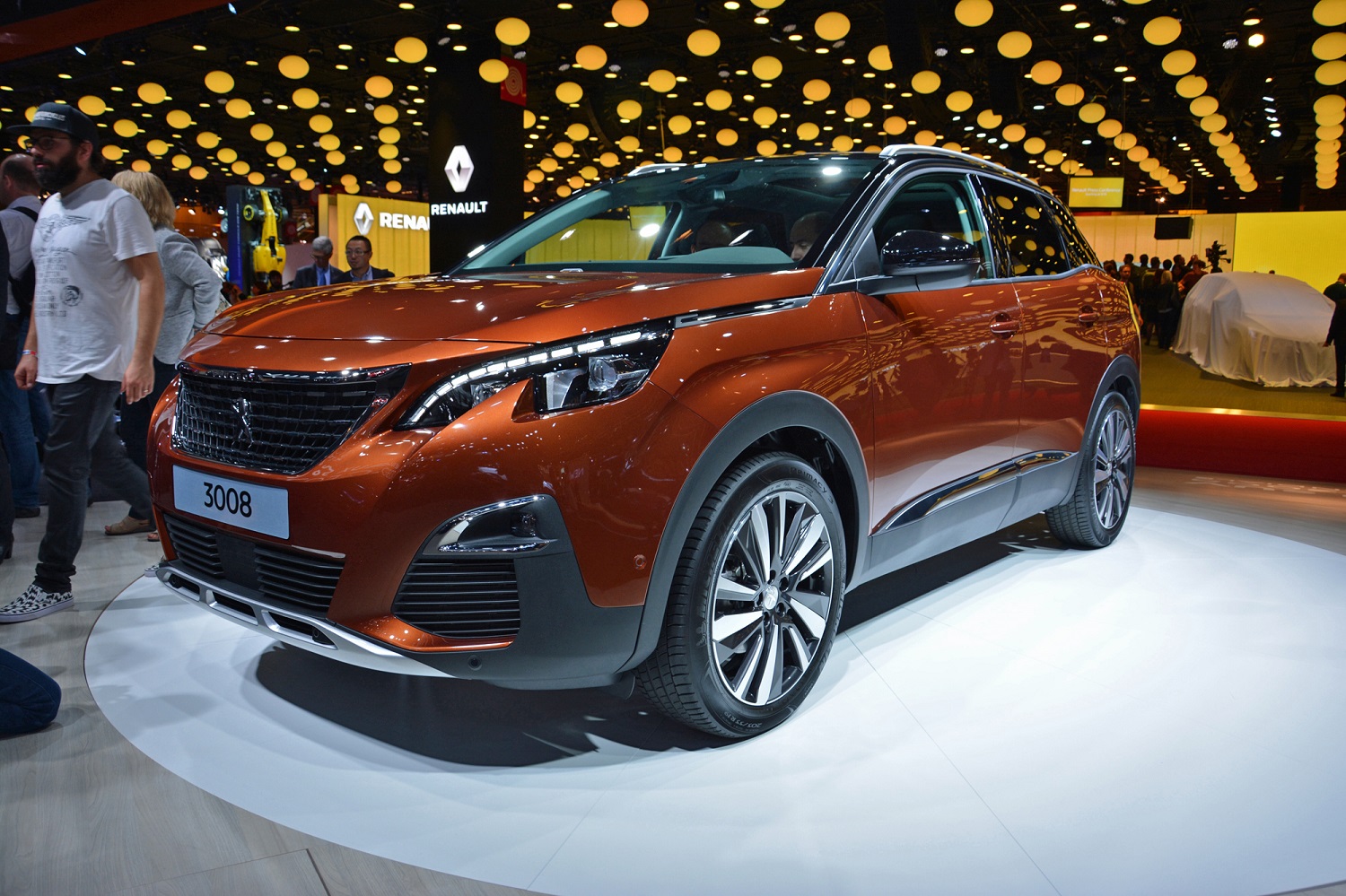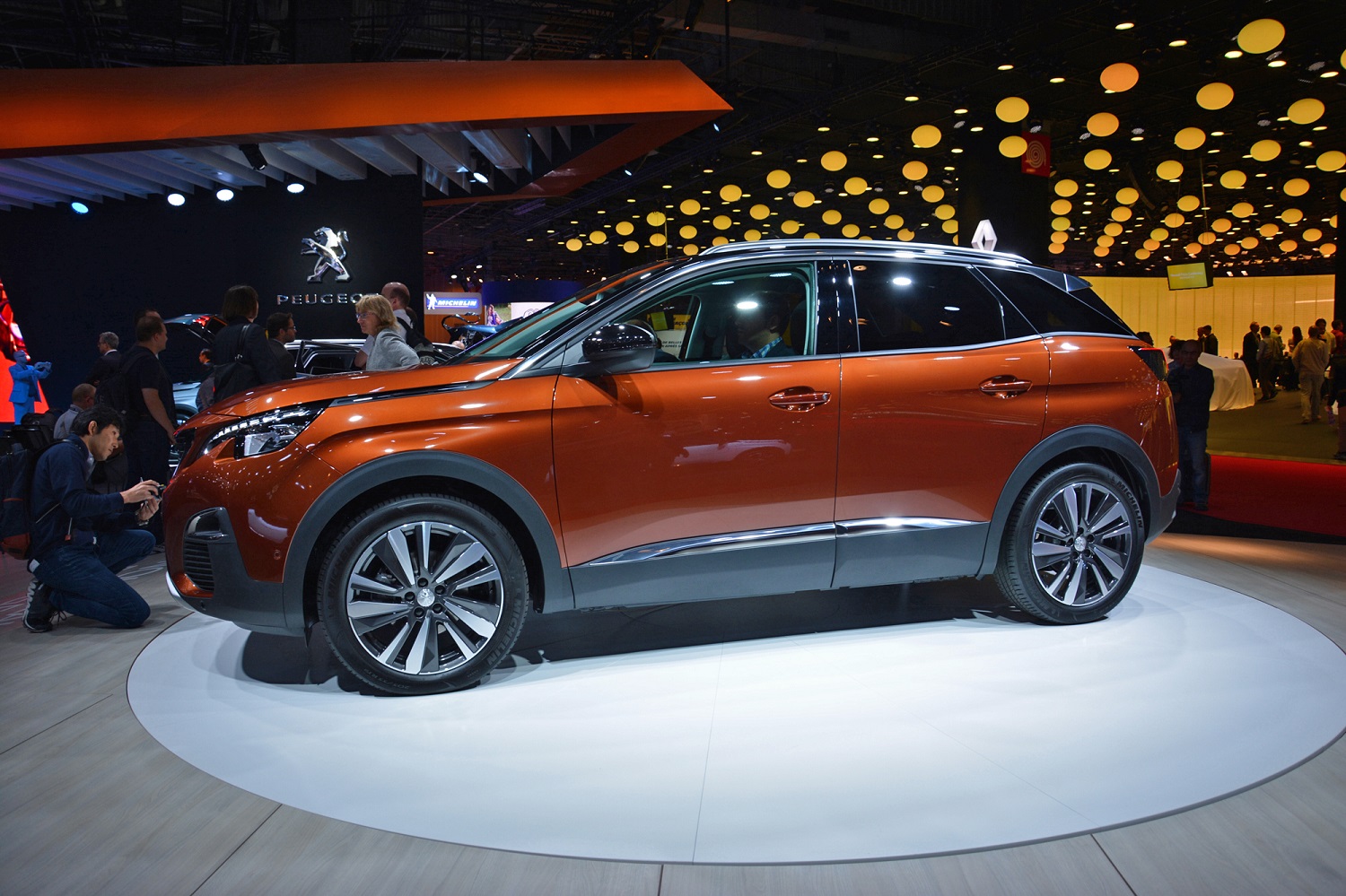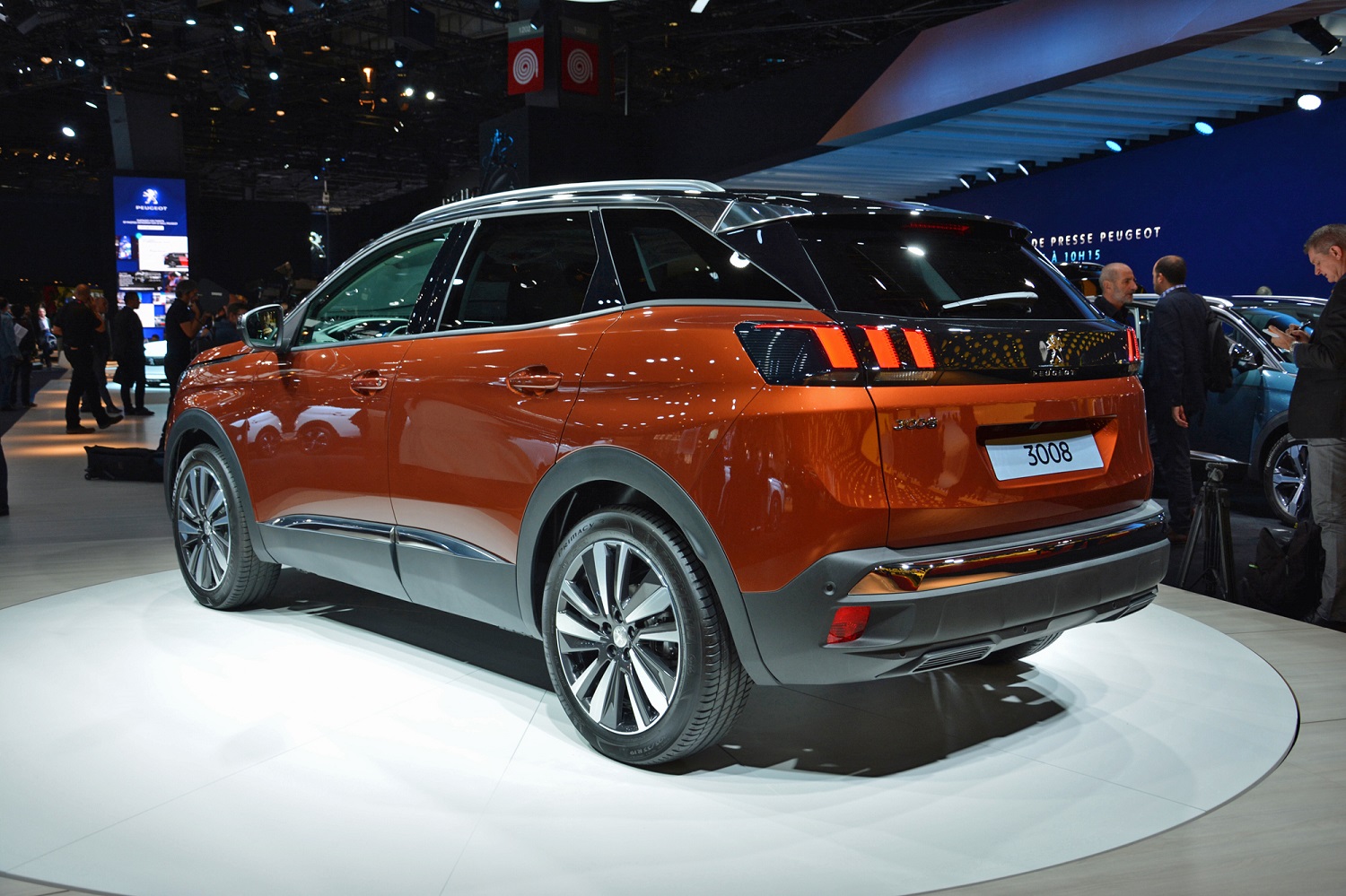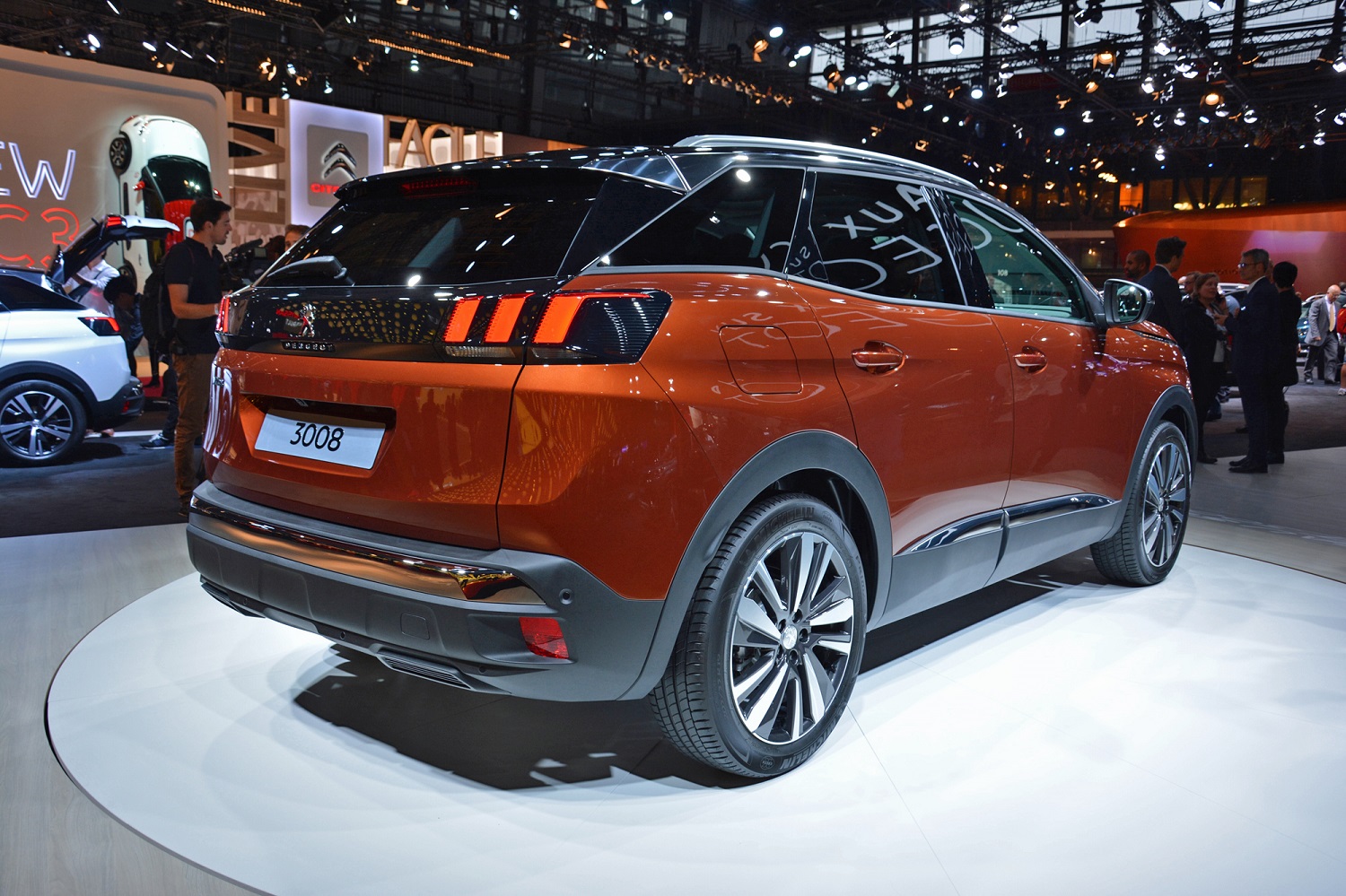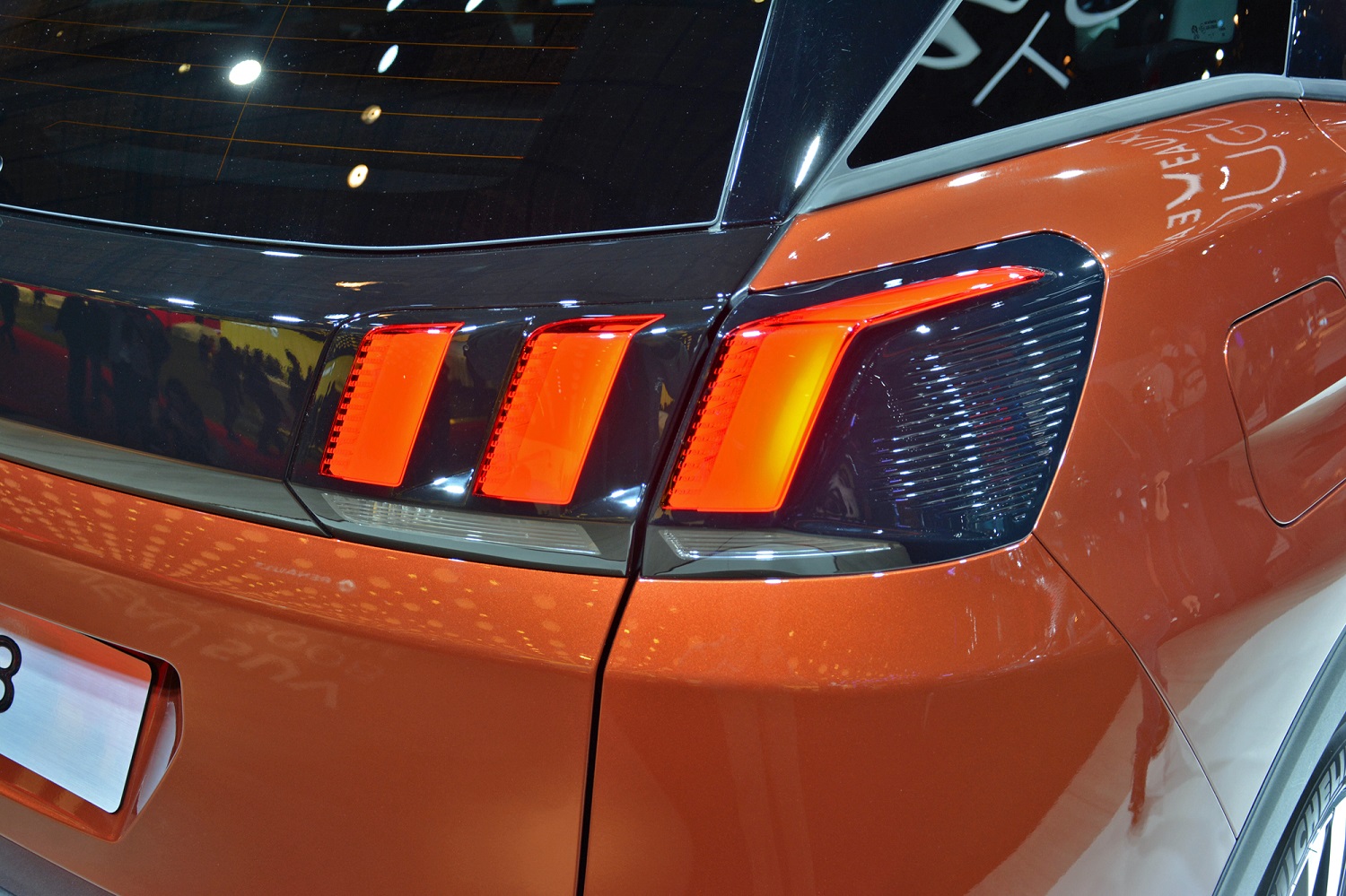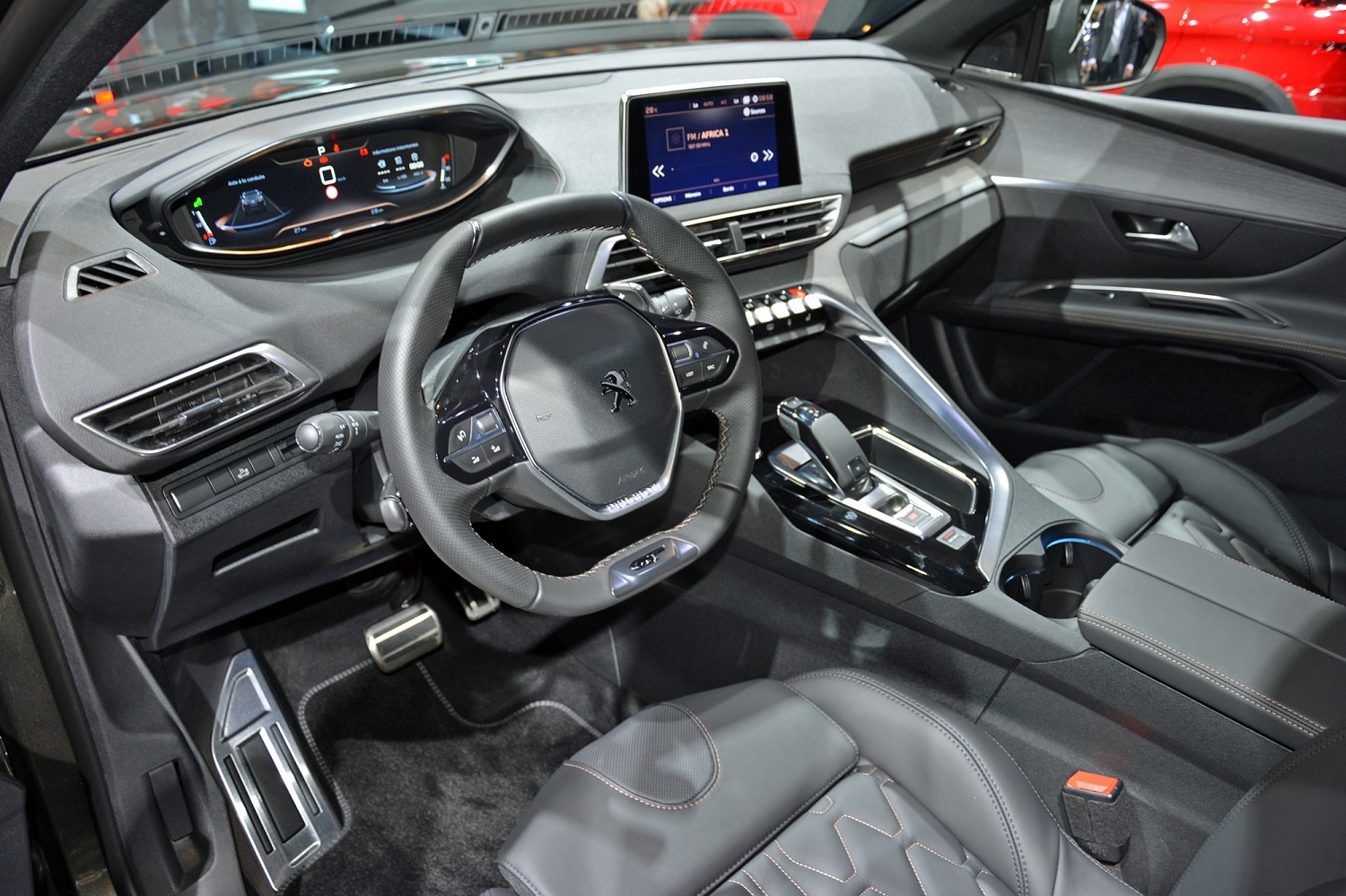There are currently three cars sold new in America with a “made in France” label. The first one is the Yaris, which Toyota builds near the border between France and Belgium. The second one is the tiny, electric-only smart fortwo. The final one is the $3 million Bugatti Chiron. Paris-based Peugeot, one of the biggest car-makers in the world, wants to grow that number substantially in the coming years by returning to America after a 27-year absence. Here’s how.
The company’s portfolio includes its namesake brand, Citroën, DS, Opel, and Vauxhall. It purchased the last two from General Motors nearly a year ago. Realistically, we’re unlikely to see all five brands arrive here – at least not at the same time. We don’t know which one Peugeot will choose to strike with. Rumors position Opel as a likely candidate because it’s German, but nationality might not be a problem. One thing is clear: The chosen brand(s) will focus on mobility services to gain traction in America.
Building a future-proof company
Investing in mobility, a nebulous term that morphed into a buzzword, is important. It’s a growing segment of the automotive industry. Peugeot would expand its presence in it even if it didn’t plan on coming back to America because it needs to diversify its business in order to keep up with rivals and, ultimately, stay afloat. In this case, mobility is also a way to make inroads into the American market.
Recent studies indicate the average car is only on the road about five percent of the time.
“The first step [for our return to America] is focusing on mobility through our global brand Free2Move. Then, we will work towards integrating our own cars into the program to learn more about the market. The third step will be to retail our vehicles here,” summed up Lynn Blake, Peugeot North America’s vice president of mobility, in an interview with Digital Trends.
What makes the concept of mobility so important? She pointed out recent studies indicate the average car is only on the road about five percent of the time. Private vehicles spend the rest of the day sitting unused on the street, in a garage, or in a parking lot. With the global economy taking a service-oriented route, and cars becoming a land-locked entity in a world ruled by technology, there exists an immense opportunity to exploit the remaining 95 percent. The car-sharing programs popping up across the nation illustrate that potential well.
Free2Move is a smartphone-based platform which functions as the Expedia of the car-sharing industry. Users open the application to check the price and availability of the services available in their area, like Car2Go and ZipCar. The next step for Peugeot is to inject its own cars into the app. Blake told us the auto-maker has already put together a team of designers, engineers, and executives tasked with studying the homologation rules in America.
Keep an eye on your phone; you could find yourself behind the wheel of a Peugeot, Citroën, or Opel sooner than you think.
At first, Peugeot will likely send us the cars it already sells in global markets, like Europe. They’ll be shared, not sold or leased to private motorists. The basic idea will be to gather valuable data on consumer preferences which the firm can integrate into the design of its next-generation vehicles. Those will be sold here as well as shared.
“It could be a lot of different data. We’ll start to understand patterns of use, how far drivers are going on a given day, and so on. We’ll also be able to understand how consumers react to our brand, and how they react to each car’s content and features,” Blake explained. It’s a significant opportunity to learn.
Starting from scratch
Peugeot recently announced plans to establish its new North American headquarters in Atlanta, Georgia. Mercedes-Benz and Porsche operate out of Atlanta so the city already boasts a well-developed car culture. Additionally, Atlanta officials have started studying smart city solutions presented by companies like Bosch. Peugeot’s income comes from building and selling cars, not running an infrastructure millions of people depend on, but its recent mobility push opens the door to working with cities in America and abroad to reduce congestion and greenhouse gases.
One of the biggest hurdles Peugeot needs to overcome in America is its near-total lack of image. The brand’s American division threw in the towel in August of 1991. Many younger motorists have never seen a Peugeot, let alone driven one. The last car Citroën shipped across the Atlantic disembarked in 1975, though some of the brand’s majestic sedans later trickled in through grey market channels.
Opel disappeared from the United States in 1979 after rooming with Buick during the 1970s. Vauxhall left in 1962, and DS is a four-year old brand that has never operated on this side of the pond. In other words, none of these auto-makers resonate here unless you’re a dyed-in-the-wool enthusiast with a strong penchant for esoteric classic cars. That’s not necessarily a problem, according to Blake.
“The research we’ve done so far really suggests American customers have a positive view of French merchandise. It also shows they have no fixed opinion on the quality of French cars,” she said, adding Peugeot will launch from a very neutral platform. In other words, it could be better but it could also be a lot worse. The big challenge is becoming relevant.
“Being really customer-centric is going to be the heart of our strategy as we move forward. Otherwise we’re not going to be relevant,” Blake affirmed.
We’ve heard rumors of Peugeot plotting a U.S. comeback before but they’ve never materialized. This is the real deal. Keep an eye on your phone; you could find yourself behind the wheel of a Peugeot, Citroën, or Opel sooner than you think.
